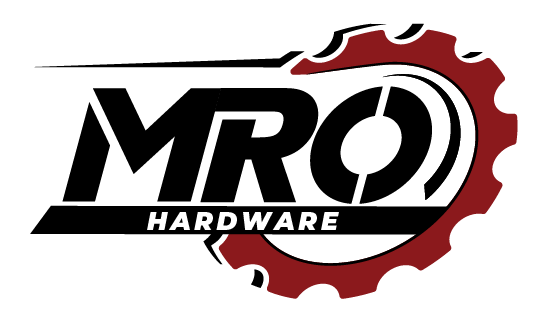Solar fasteners are a crucial, yet often overlooked, component of solar panel installations. These specialized screws, bolts, and other hardware play a vital role in ensuring the long-term stability and performance of solar energy systems.
Understanding the Different Types of Solar Fasteners
Several key types of fasteners are used in solar installations, each with a specific purpose and application.
Lag Bolts: These robust, threaded screws with sharp points and large heads are ideal for anchoring solar mounting rails directly into wooden roof structures. Their superior holding power ensures the system can withstand strong winds and heavy snow loads.
Roof Hooks: These L-shaped brackets are secured to the roof rafters and act as a foundation for the mounting rails. They are typically made from galvanized steel for enhanced corrosion resistance and come in various sizes to suit different roof types and rail configurations.
J-Bolts: As their name suggests, these J-shaped fasteners are designed to hook onto the top flange of roof rails and secure them to the roof attachments. They are often used in conjunction with lag bolts and roof hooks to create a robust mounting system.
T-Bolts: These T-shaped bolts are used to clamp solar panels onto the mounting rails. The T-head design allows for efficient installation with a standard hex wrench, while the bolt itself provides secure fastening to withstand wind and snow loads.
Mid Clamps: These versatile clamps are used to secure the center portion of long solar panels to the mounting rails, preventing them from sagging or bowing under their own weight or external pressure. They are available in adjustable configurations to accommodate panels of varying thicknesses.
Self-Clinching Fasteners: These innovative fasteners offer a unique approach to solar panel installations. They are pressed into pre-punched holes in the mounting rails, forming a permanent and secure joint without the need for nuts or welding. This eliminates the risk of loose fasteners and simplifies the installation process.
Why Specific Fasteners Are Chosen
The selection of solar fasteners is guided by several factors.
Roof Type: Different roof materials necessitate specific fastener types. For instance, lag bolts are suitable for wood, while roof hooks are designed for various roofing materials like metal or composite shingles.
Panel Weight and Size: The weight and size of the solar panels directly influence the fastener choice. Heavier panels might require thicker and stronger bolts like lag bolts or T-bolts, while lighter panels might utilize J-bolts or mid clamps.
Wind and Snow Loads: Local weather conditions play a crucial role. Regions with high wind or snow loads necessitate fasteners with superior holding power, often made from high-grade stainless steel for additional strength and corrosion resistance.
Conclusion
Solar fasteners may seem like minor components, but their role in ensuring the structural integrity and longevity of solar panel installations is undeniable. By understanding the different types of fasteners, including innovative options like self-clinching fasteners, individuals involved in solar energy projects can make informed decisions to secure their systems for optimal performance and long-lasting sustainability.

